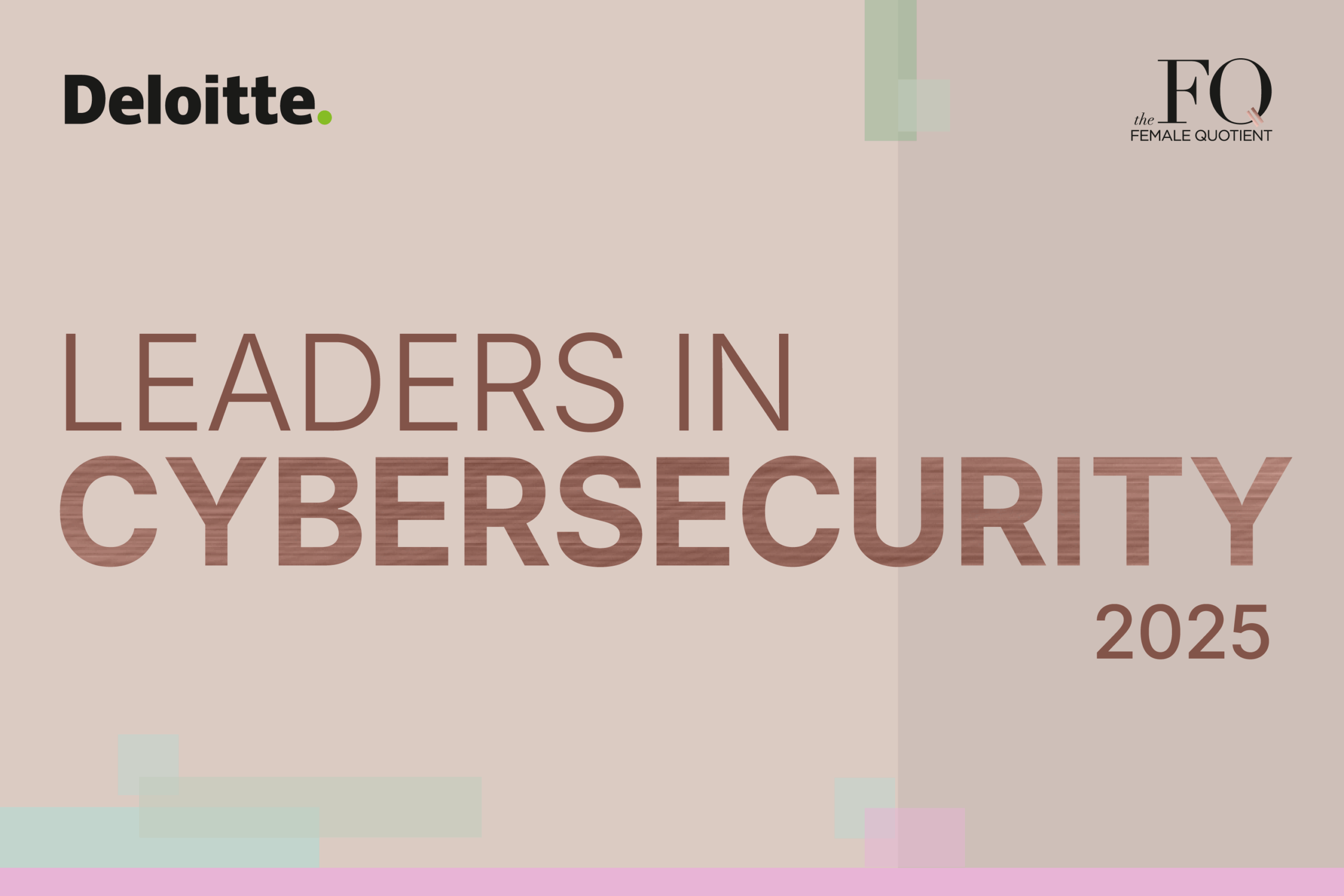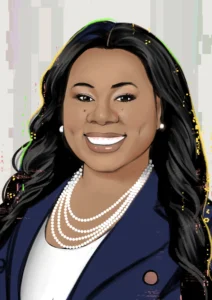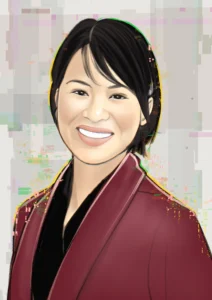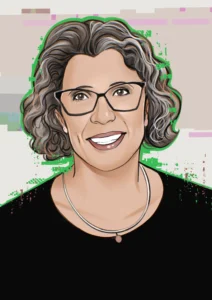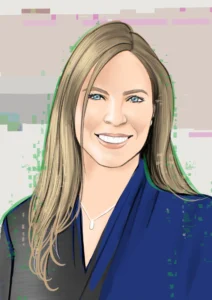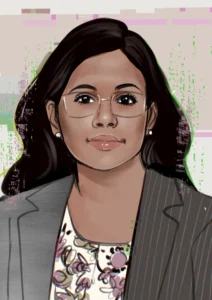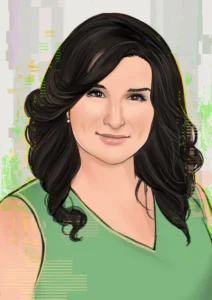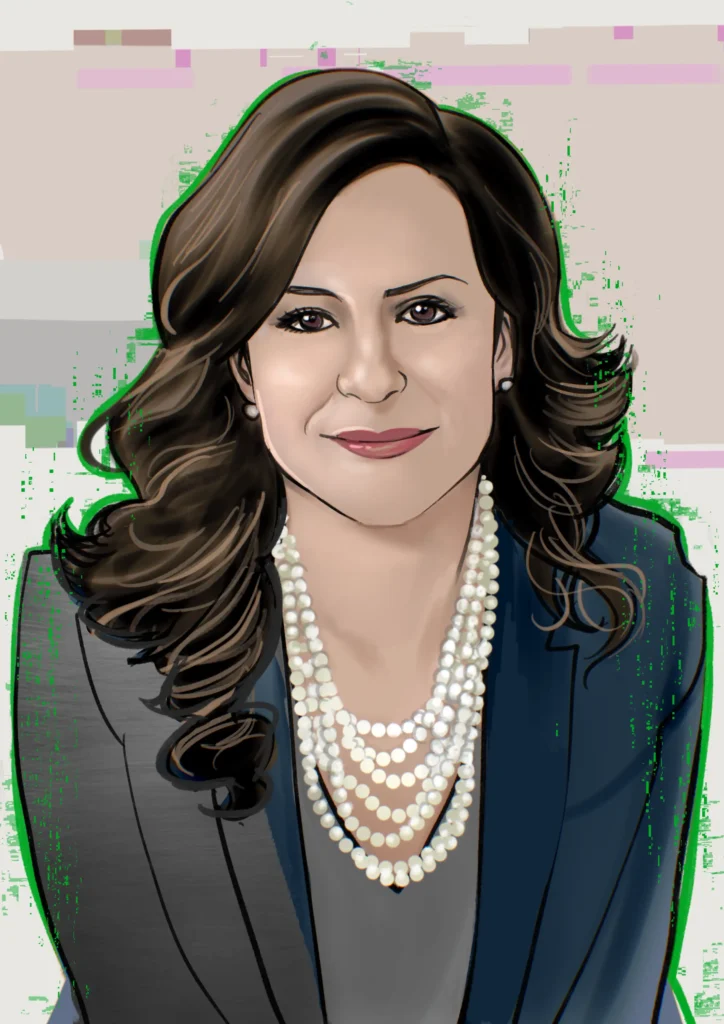
Jennifer Sullivan
“Learn to embrace failure. If you’re not failing some of the time, you are likely not taking enough risks and may not be building important resiliency skills.”
Jennifer Sullivan is a veteran cyber strategy leader with 29 years in technology and cybersecurity, including 24 years dedicated to life sciences and healthcare. She brings deep experience in cyber strategy, defense, data privacy, regulatory compliance, and technical resiliency. Jen advises some of the industry’s largest organizations, and has also led talent and business transformation initiatives at Deloitte. She currently leads Deloitte’s US Cyber Strategy & Transformation practice, and has served as the Advisory Generative AI leader for Life Sciences & Healthcare.
What is one skill, interest or talent of yours that makes you great at your job?
My ability to reinvent myself and adapt to change.
What is the best piece of unconventional career advice you’ve gotten?
Learn to embrace failure. If you’re not failing some of the time, you are likely not taking enough risks and may not be building important resiliency skills.
What is your proudest moment working in the cybersecurity industry?
When my kids actually understood what I do and why.
When did you become interested in pursuing a career in cyber and what prompted it?
I fell into security post college after taking a technology infrastructure job and, out of necessity, needed to run my first breach for a client.
What are the top 3 things you would tell people hoping to enter the cybersecurity industry?
- It’s always evolving and continuously changing, so it’s hard to get bored.
- It requires a lot of stamina, intellectual curiosity, and resiliency.
- It may not be what you think it is. Cybersecurity has become a vastly varied and diverse field, and I love it for that!
What are some misconceptions people might have about the cybersecurity industry and what can we do to change these misconceptions?
That it’s only for technologists or certain demographics of the population. We consistently see cyber leaders and hackers portrayed in a similar light, and often as a person in a hoodie working under nefarious environments. The truth is, technical skill is important, but there are also so many other skills that are important to cybersecurity, like critical thinking and business skills. The more we share the diversity of the field, the greater we will have the ability to unmask all the incredible things this community does.
Do you feel like you’re contributing to helping keep our world secure and can you share why that matters to you?
I chose cybersecurity because of the subject matter we deal with, and the larger, more important purpose and meaning I get from the work I do. Enabling a safer and more secure world is a calling for me, not just a career.
What positive change do you think will take place as we bring the next generation into the cybersecurity industry?
I believe as new digitally-native generations enter cybersecurity, we’ll have a more inclusive population that chooses to serve the world in this way; and by doing so, will help tackle some of the world’s largest challenges that we have yet to experience.
Who is your role model in the cybersecurity industry and why?
I admire the work of many who have come before me. I think my bigger motivation to pursue cybersecurity in life sciences and healthcare was really my mom. She was a single mother and a chemist-turned-nurse. She absolutely adored what she did and those she was called to serve. She taught me the importance of loving what you do. I am certain it’s her legacy that motivates me the most in my pursuit of securing our healthcare systems, preserving research and development, and enabling access.

